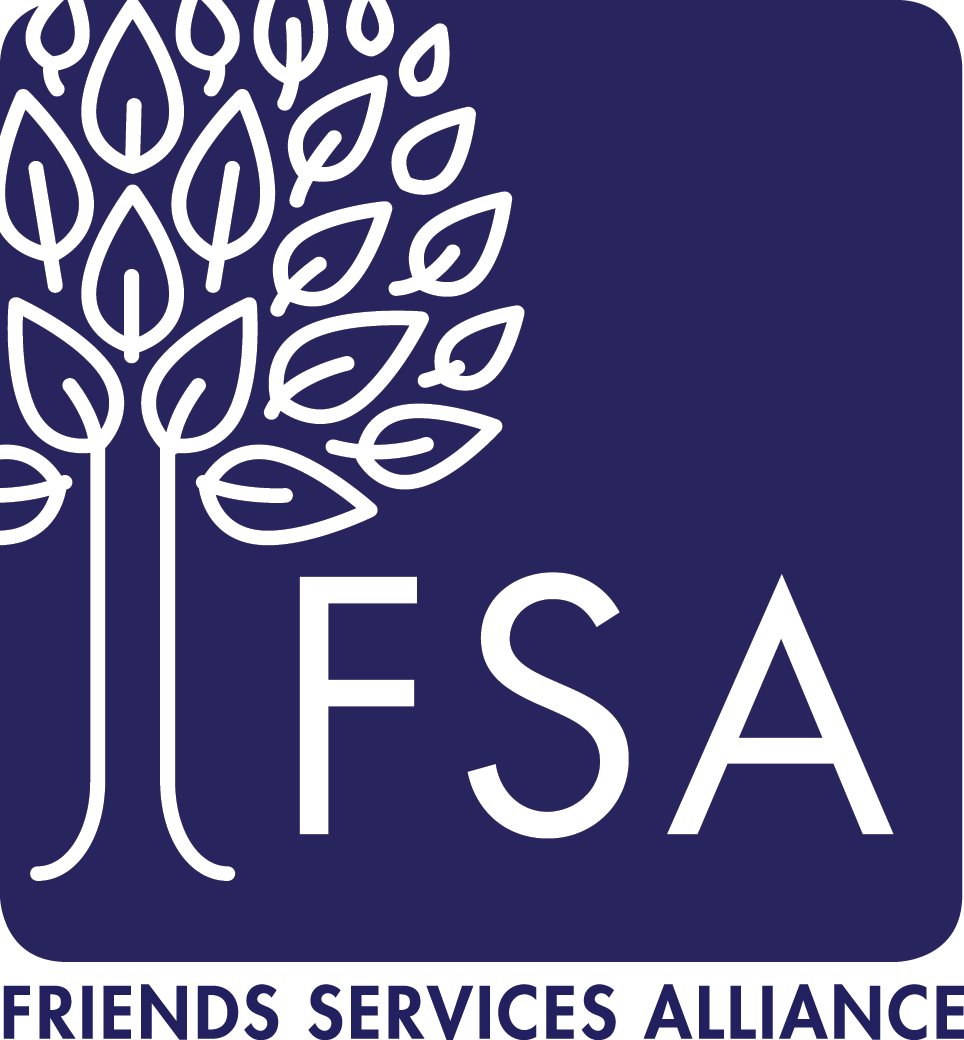After identifying potential risks, a work plan can be developed. A CCRC’s Board of Directors or Governing Body should approve the work plan at the beginning of each year and be updated on progress throughout the year.
Read on for pointers on what to include, and how to use the Office of Inspector General’s (OIG) annual Work Plan as a tool.
CMS Releases New Requirements for Psychotropic Use
For decades, unfortunately, regulators have seen persistent inappropriate usage of psychotropic drugs in the long-term care environment. Although psychotropic drugs have clear clinical benefits, they also carry dangerous side effects, including increased risk of mortality, suicide ideation, and fall-related injury.
CCRCs should aim to limit their usage, especially for residents who need ongoing behavioral health services, and ensure that documentation is complete when they are used.
Documenting Non-Pharmacologic Approaches
CMS requires that before using psychotropics, facilities document the use of non-pharmacologic interventions such as:
- Peer support groups
- Consistent staffing assignments
- Structured activities
- One-on-one counseling
- Sensory stimulation like aromatherapy and calming music
- Environmental modifications like soothing lighting levels
Ensuring Safe Use of Psychotropics
In updates to its State Operations Manual, CMS sets forth new requirements (effective October 2022) focused on preventing adverse effects related to psychotropic usage:
Dose Reduction Procedures. Gradual dose reduction (GDR) should occur in modest increments spread over time, CMS says. GDR should be attempted in two separate quarters with at least one month between attempts, unless clinically contraindicated.
PRN Psychotropic Usage. Administering psychotropics as needed (“PRN”) should be avoided. If deemed necessary, the facility needs to obtain physician documentation and follow correct time parameters.
Preventing Misuse of Antipsychotic Drugs
Antipsychotic drugs are intended to treat people diagnosed with schizophrenia. However, misuse in the long-term care environment – for example, to sedate residents with dementia – has been pervasive.
Frail, elderly residents are at risk for severe side effects, including death. CMS warns against using these drugs to control behavior rather than for their intended purpose, noting that it’s uncommon to develop schizophrenia after the age of 80.
OIG Announces Increased Oversight of Antipsychotics Use
In fact, the Office of Inspector General (OIG) is calling for heightened oversight of antipsychotic usage in the long-term care environment. Specifically, the agency is targeting the practice of falsifying schizophrenia diagnoses to make the use of antipsychotics appear clinically appropriate.
In a February 2023 workplan update, OIG announced it would conduct an in-depth review of survey reports to:
- Examine the nature of nursing home citations related to the use of antipsychotic drugs
- Identify vulnerabilities that contribute to inappropriate usage
Inaccurate Schizophrenia Coding: Impact on Quality Ratings
Recently, CMS evaluated the accuracy of schizophrenia coding in nursing homes and identified the following issues:
- Lack of comprehensive psychiatric evaluations
- Lack of behavior documentation to support schizophrenia diagnoses
In response, the agency began conducting off-site audits of facilities’ schizophrenia coding practices in January 2023. Inaccurate codings are posted to the Nursing Home Compare website as being under dispute.
Being cited for inaccurate schizophrenia coding will impact Quality Measure (QM) star ratings. Here’s how:
- Overall QM and long stay QM rating downgraded to 1 star for 6 months (drops overall rating by 1 star)
- The short stay QM rating will be suppressed for 6 months
- The long stay antipsychotic QM will be suppressed for 12 months
Incorporating Trauma-Informed Care into Behavioral Health Care Delivery
CMS also released updated requirements and surveyor guidance calling for a trauma-informed approach to behavioral health care. Trauma-informed care (TIC) recognizes that all residents may have a past traumatic experience, and interactions should prevent re-traumatization.
The goal of TIC is to restore control for residents rather than subjecting them to rigid practices that re-inflict (or “trigger”) the lack of control they experienced during a trauma event.
Here are key takeaways for compliance leaders from the updated guidance:
- The facility assessment should identify residents with history of trauma, other behavioral health needs, and cultural, religious, or ethnic preferences.
- Staff should be aware of non-pharmacological approaches to use for residents with past trauma.
- Develop staff competency related to cultural preferences and basic TIC approaches.
The Substance Abuse and Mental Health Services Administration (SAMHSA) suggests these policy considerations regarding TIC:
- Do written policies and procedures include a focus on trauma and issues of safety and confidentiality?
- Do policies and procedures recognize the pervasiveness of trauma in the lives of residents, and express a commitment to reducing re-traumatization and promoting well-being and recovery?
- Do staffing policies demonstrate a commitment to staff training on providing services and supports that are culturally relevant and trauma-informed as part of staff orientation and in-service training?
- Do human resources policies consider the impact of working with people who have experienced trauma?
- What policies and procedures are in place for including trauma survivors/people receiving services and peer supports in meaningful and significant roles in agency planning, governance, policy-making, services, and evaluation?
For further guidance on providing TIC, including considerations for care planning, FSA participants can refer to their quarterly education packet. Not a participant? Learn more here.
Friends Services Alliance (FSA) is a national professional association of values-aligned organizations that serve seniors. Our support services include a team of Compliance and Risk Management experts who have supported organizations in developing and maintaining effective Compliance and Ethics Programs for more than 20 years.




